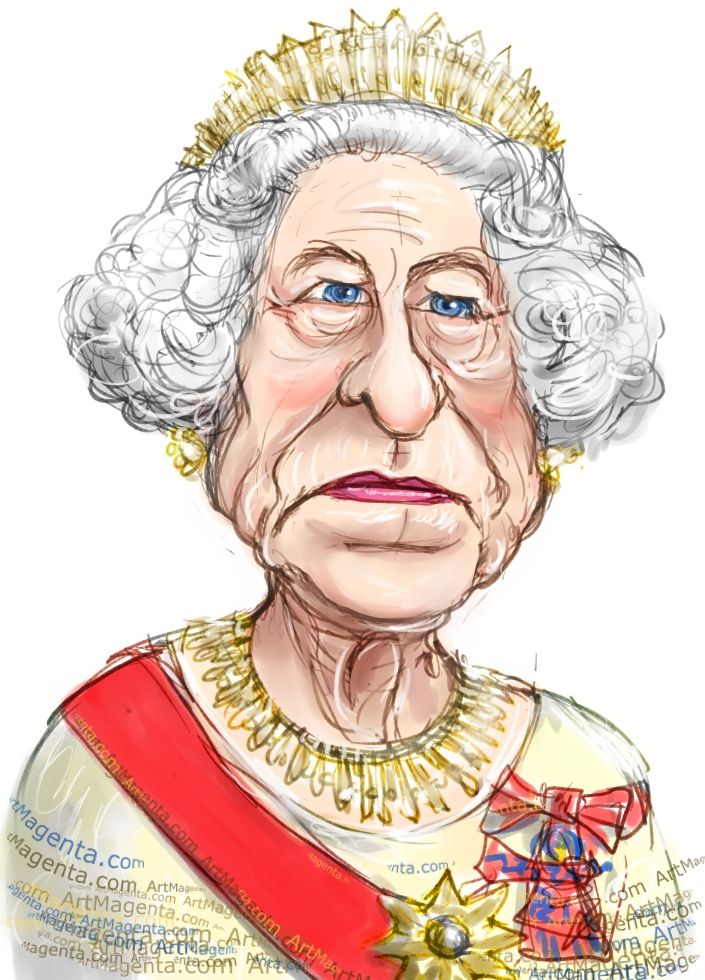Dear valued client,
Markets climbed precipitously on Wednesday, its largest gain in two months, and notched slight gains for the week.
Much attention remained on the energy sector this week, namely Russia’s refusal to turn oil taps back on for Europe. As I mentioned in last week’s blog, Europeans are expecting energy bills 10 times as high as last winter’s. Many will be unable to heat their homes in the coming months. Even Deutsche Bank, one of Germany’s largest lenders, is switching off hot water in bathrooms and changing the temperatures in its offices. It is also turning off its lit-up advertising outside its headquarters in Frankfurt.
The UK’s newly appointed Prime Minister, Liz Truss, has sought state intervention to deal with rising energy prices. The WSJ writes, “The UK government said it would cap household energy prices over the next two years, a costly bailout aimed at staving off a deep recession and bringing down inflation, but one that could add growing worries about the British government’s financial health. The package, which economists say is likely to be worth more than $120 billion, marks one of the largest UK state interventions in peacetime and underscores how the war in Ukraine is now fundamentally reshaping energy markets in the West.”
Russia keeping the Nord Stream 1 pipeline closed is retribution for the publicly made plans to cap the price of oil. The G7 (USA, Canada, France, Germany, Italy, Japan, and the UK) announced its plans last week to regulate the price of oil in order to limit Russia’s earnings on exports of its most important commodity and reduce financial support for its war against Ukraine. The Kremlin is displeased with the scheme and is on the counterattack with its plan to squeeze Europe’s energy supply to the point where either prices are ridiculously high, or people will be forced to suffer unnecessarily in the cold. It will be interesting to see how political leaders deal with this conundrum in the coming weeks.
The world received the sad news yesterday afternoon that Queen Elizabeth II, the longest-serving British monarch in history, passed away at the age of 96. She was a symbol of tradition, grace, and stability in times of change and adaptation. Her death, however, will have an economic impact as well as an emotional one. Her passing is estimated to have a price tag of roughly $7 billion. Here is how it breaks down: the day of the Queen’s funeral and the day of the coronation of the new monarch will be national holidays in the UK, costing the country $3 billion in lost productivity per day. Additionally, to remint the currency of commonwealth nations with the Queen’s face would conservatively cost $1 billion to manufacture. This unfortunately comes at a time when the UK’s inflation rate is in double digits.
“Over the years I have observed that some attributes of leadership are universal, and are often about finding ways of encouraging people to combine their efforts, their talents, their insights, their enthusiasm and their inspiration, to work together.” – Queen Elizabeth II
Have a terrific weekend,
PW



